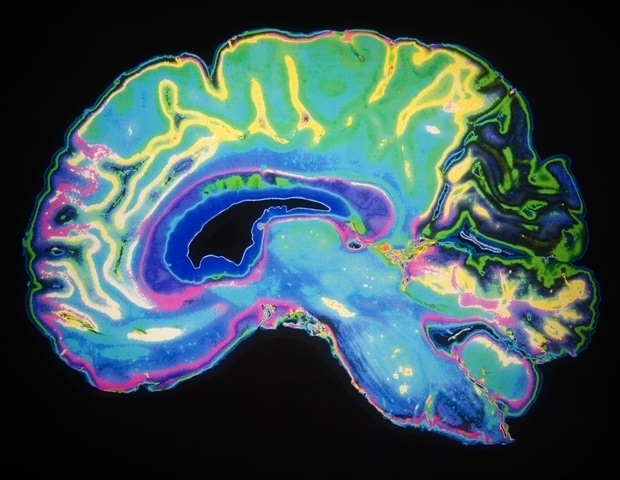Traumatic brain injury (TBI) is a leading cause of death and disability among young people in the United States and is the most devastating survivable injury in modern warfare, according to the University of Cincinnati’s Ishita Basu.
TBIs can cause motor and physical functioning difficulties, and current treatments can help address these difficulties in the long term. But cognitive impairments following a TBI -; including difficulty with attention, critical thinking and memory -; last longer than physical impairments, with limited options for rehabilitation.
Ishita Basu, PhD, assistant professor in the Department of Neurosurgery at the University of Cincinnati College of Medicine, has been awarded an $810,000 Army Medical Research Grant to conduct a pilot clinical trial testing noninvasive electrical brain stimulation as a cognitive rehabilitation method.
Study background
Basu’s research began focused on cognitive processes that are disrupted by mental health disorders, but she has expanded her scope to include how brain injuries such as stroke and TBI affect similar processes.
I wanted to expand to TBI, as there are a lot of unmet needs in terms of cognitive rehabilitation in this population. It is crucial to develop treatments for early phases of TBI to better improve cognitive recovery and prevent long-term cognitive impairments.”
Ishita Basu, PhD, Assistant Professor, Department of Neurosurgery, University of Cincinnati College of Medicine
Electrical brain stimulation is currently used to treat neurologic disorders such as epilepsy and Parkinson’s disease, but it has generally been applied in the later, or chronic, phases of TBI recovery. Basu is interested in examining how electrical brain stimulation affects patients when it is administered in the early stages of recovery known as the acute phase.
“There is limited evidence available for efficacy and safety of brain stimulation in improving cognitive outcomes during acute stages of TBI, and these time-sensitive cognitive therapies have yet to be fully explored,” she said.
Study details
The trial will test a brain stimulation technique called anodal transcranial electrical stimulation (A-tES), a noninvasive treatment in which a low-intensity electric current is administered through electrodes placed on the scalp.
“We think that treating TBI earlier with A-tES during the acute and early chronic phases of brain injury will better improve cognitive recovery compared to a similar treatment used only in the chronic phase,” Basu said.
Over three years, the trial plans to enroll 60 patients with moderate to severe TBI being treated at UC Medical Center and follow the patients over six months. All participants will first complete clinical questionnaires and two cognitive computer tasks while their brain activity is recorded during the acute phase of TBI recovery.
Participants will then be randomized to either receive A-tES for 15 minutes while performing cognitive tasks or to receive a sham stimulation. At three months, all participants will again complete the questionnaires and receive A-tES while performing cognitive tasks during brain recording.
Six months after their injury, participants will complete the questionnaires and tasks a final time, with no one receiving stimulation treatment.
Basu said the primary goals of the study are to determine how brain activity changes with cognitive recovery between the acute and chronic phases of TBI and to determine how the time of administering A-tES affects cognitive performance and brain activity in patients following a TBI.
“We aim to demonstrate that early treatment with targeted brain stimulation can enhance cognitive recovery in moderate to severe TBI and can be integrated with current clinical monitoring and management after TBI,” Basu said.
Collaborating with a community advisory board (CAB) of TBI survivors, caregivers and medical experts, the researchers will also develop a quality-of-life questionnaire. CAB members will be involved in interpreting the quality-of-life results and how they relate to other outcome measures.
The team hopes data from the pilot study will also help lay the groundwork for a larger clinical trial with more participants and a longer follow-up period.
“Our long-term vision is for patients with TBI to go back to regular daily living and cognitive function within months of their injury,” Basu said. “We hope that this will be a cognitive rehabilitation tool that will accelerate recovery post-injury.”
This work was supported by the Assistant Secretary of Defense for Health Affairs endorsed by the Department of Defense, in the amount of $810,000, through the Traumatic Brain Injury and Psychological Health Research Program under Award No. HT9425-24-1-0980. Opinions, interpretations, conclusions and recommendations are those of the author and are not necessarily endorsed by the Department of Defense.
Source link : News-Medica

